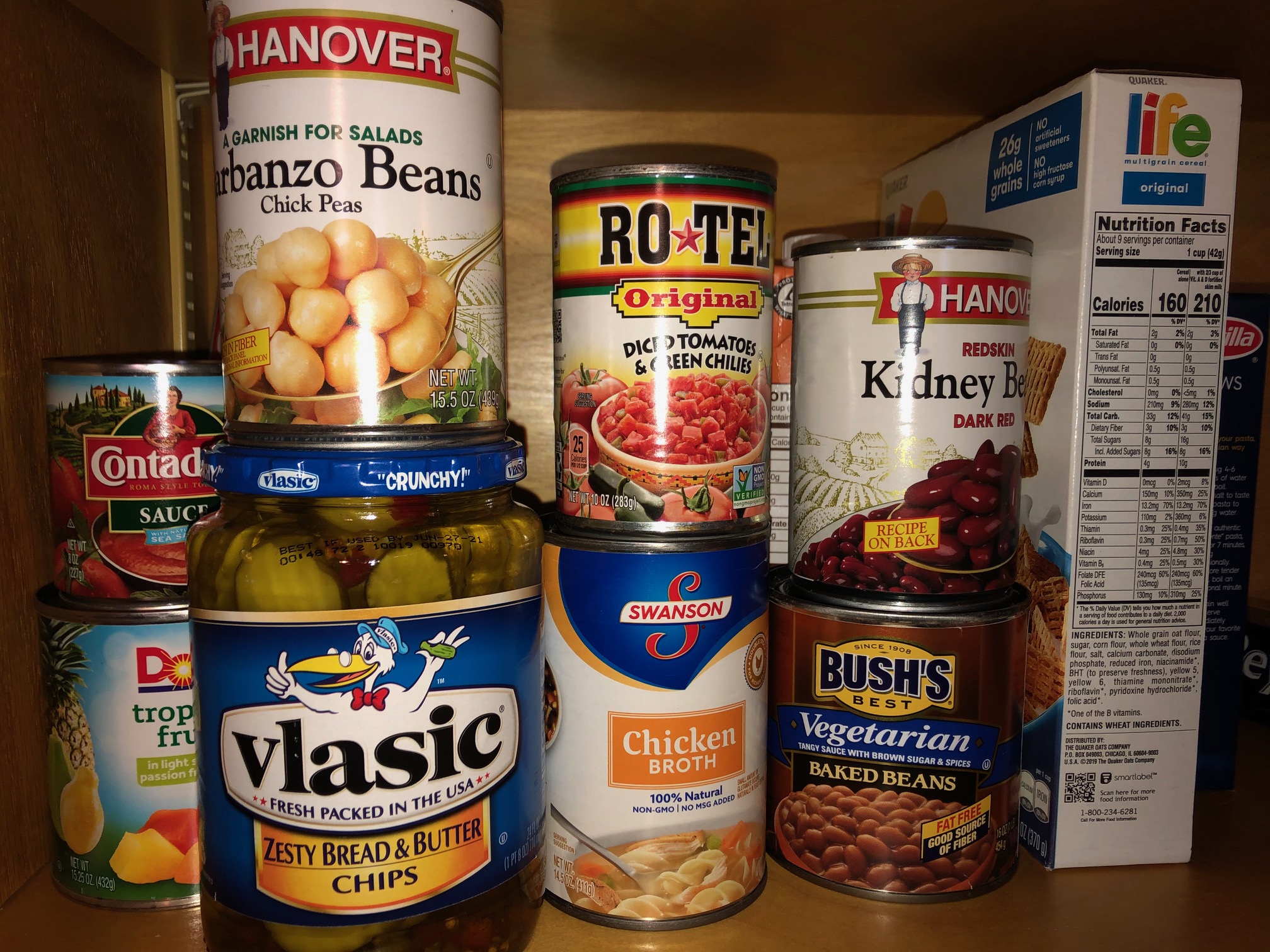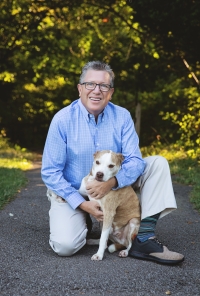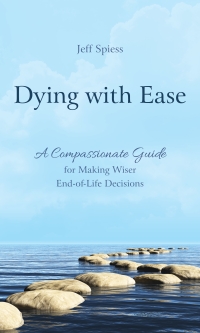Stock Your Pantry, Stock Your Life
 I’m 65 years old and have a few chronic health conditions, so this puts me in a higher risk group for complications or even death when I catch COVID-19. (Yes, I said “when” not “if,” it looks more and more like most of us will at least get exposed at some point.) My wife and I are doing the right stuff: staying at home most of the time, rationally stocking the pantry, washing hands, social distancing, petting the dog. But the reality is that we’ve never encountered anything like this before. We’ve talked about the fact that we were born very shortly after the era when parents worried every summer whenever their children ran a fever or felt weak; was it just a mild illness or the dreaded poliomyelitis that crippled or killed many kids?
I’m 65 years old and have a few chronic health conditions, so this puts me in a higher risk group for complications or even death when I catch COVID-19. (Yes, I said “when” not “if,” it looks more and more like most of us will at least get exposed at some point.) My wife and I are doing the right stuff: staying at home most of the time, rationally stocking the pantry, washing hands, social distancing, petting the dog. But the reality is that we’ve never encountered anything like this before. We’ve talked about the fact that we were born very shortly after the era when parents worried every summer whenever their children ran a fever or felt weak; was it just a mild illness or the dreaded poliomyelitis that crippled or killed many kids?
Plagues happen. Viruses mutate and spread. People get sick and many people die. This is the reality and the fragility of life on our planet, and it has ever been so.
In 15th century Europe there were two major threats to human life: the hundred years war killed off able-bodied soldiers, pillaged villagers, and left bodies strewn as collateral damage. Concurrently, bubonic plague, the Black Death, was again active, killing without distinction. During this time, there arose an increased sensibility of humanity's mortality, one's own life's vulnerability. Part of this played out as firebrand clergy preached that God was punishing people for whatever sin was the topic of the day, but there was also a more positive, contemplative message being propagated. One manifestation of this was an anonymous treatise called Ars Moriendi, Art of Dying. Since this was primarily a religious work, most of it dealt with preparing oneself for an afterlife in which one’s eternal fate would be determined based on actions in this life. But the author of Ars Moriendi went a step nearer, teaching that following the advice and instructions provided would also allow for a more peaceful ending of mortal existence. The point was that if one wanted the end of their life to be peaceful and dignified, one needed to recognize that they would die and take an active role in anticipating it and preparing for it. This monograph is often cited as the source of the concept of “dying well.”
The majority of us will survive COVID-19, hopefully emerging a bit more focused on those closest to us and what is most important in our lives. But some of us will die from it, and this makes it even more vital that, as we stock up our pantries for quarantine, we also stock up our our love, our faith, and our energies for that which is most precious.

